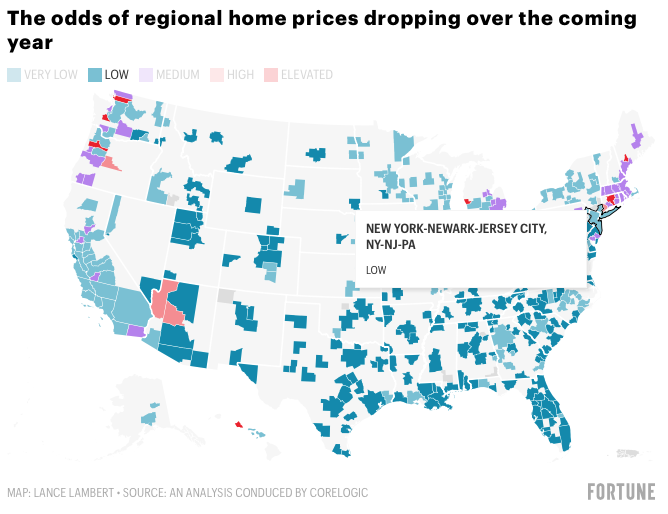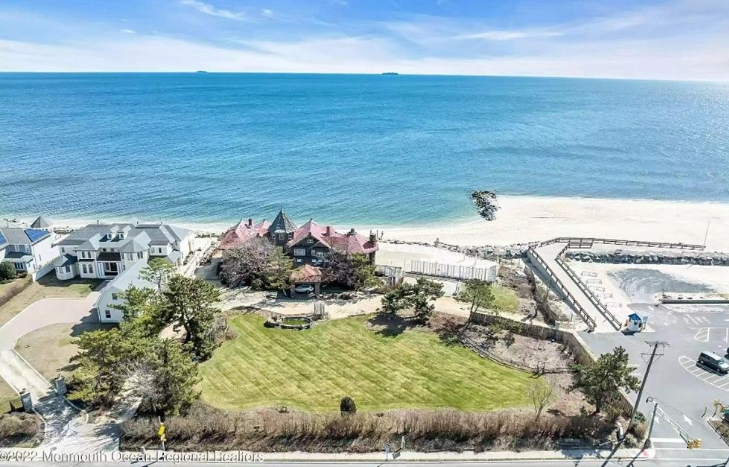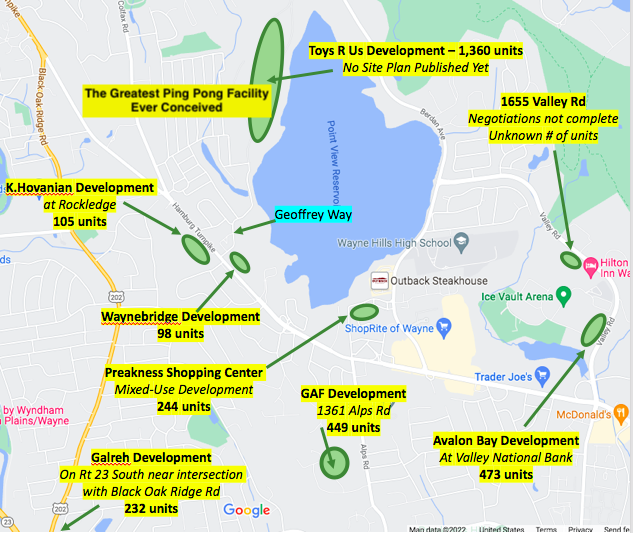From the Star Ledger:
New home listings up 40%. What the market is like in all 21 N.J. counties.
Anyone who has shopped for a house in this red-hot market can tell you, there aren’t many to choose from.
The bidding wars and sky-high prices that have been the norm for the past two years were driven largely by the low inventory of homes for sale.
But the latest figures for new home listings show a 41% gain in new listings from February to March. Statewide, 9,281 homes hit the market in March, versus 6,566 new listings in February, according to the most recent data available from New Jersey Realtors.
The biggest increases were in Middlesex, Bergen and Monmouth counties. The smallest increases in new listings month over month were in Hunterdon, Salem and Essex counties, according to New Jersey Realtors.
Despite the month-over-month gains, the stock of houses for sale in New Jersey is still woefully low.
New listings were down 10.5% from a year ago. And if the trend of 9,200 new listings were to continue for the rest of the year, coupled with the number of current listings, that would put new listings for the year statewide at about 105,000.
“It sounds like a lot but it isn’t,” said Robert White president of New Jersey Realtors and a broker with Coldwell Banker in Spring Lake.
In 2018 there were 131,000 new listings and in 2019 there were 128,000. Inventory was already dropping before the pandemic and has slipped since.
“In a better market there would’ve been closer to 20,000 new listings,” White said.



